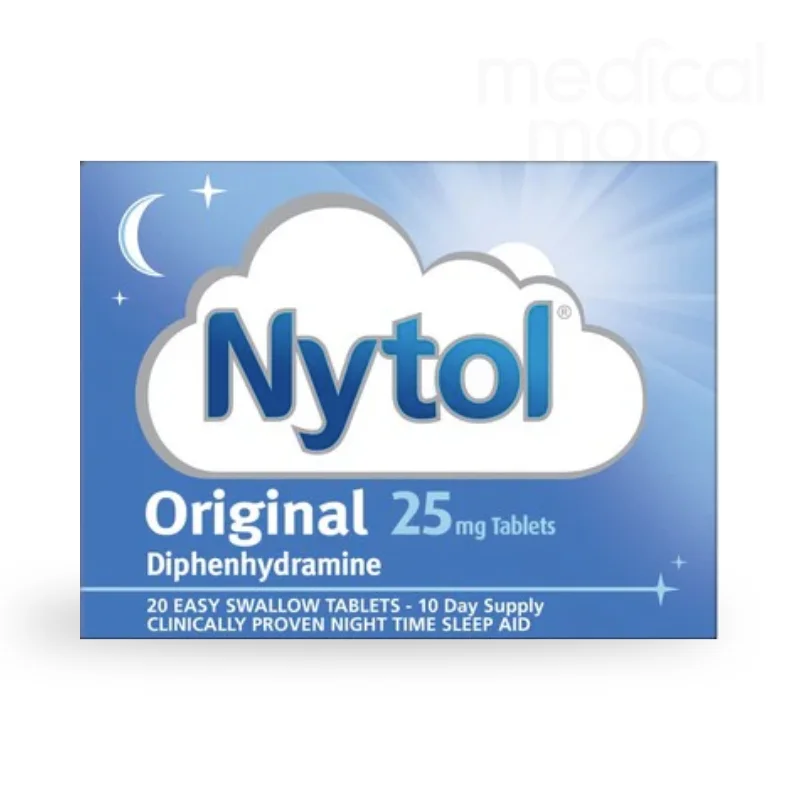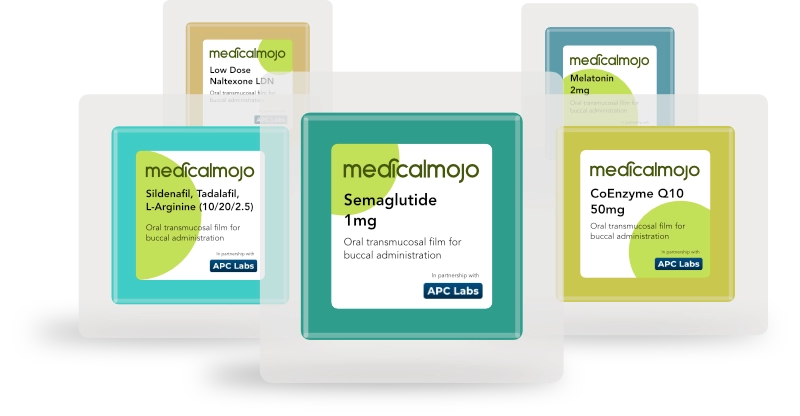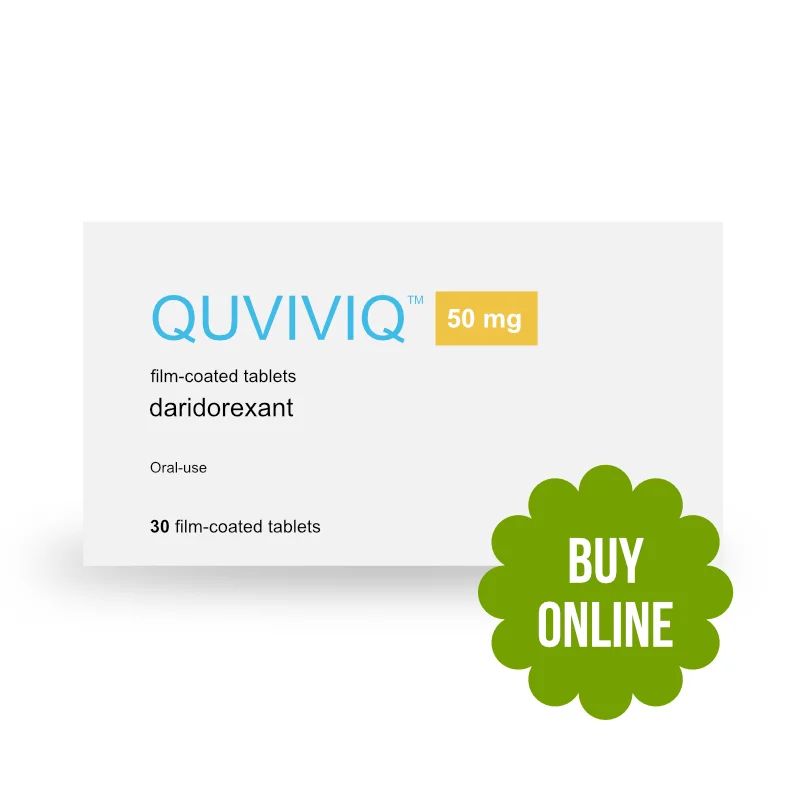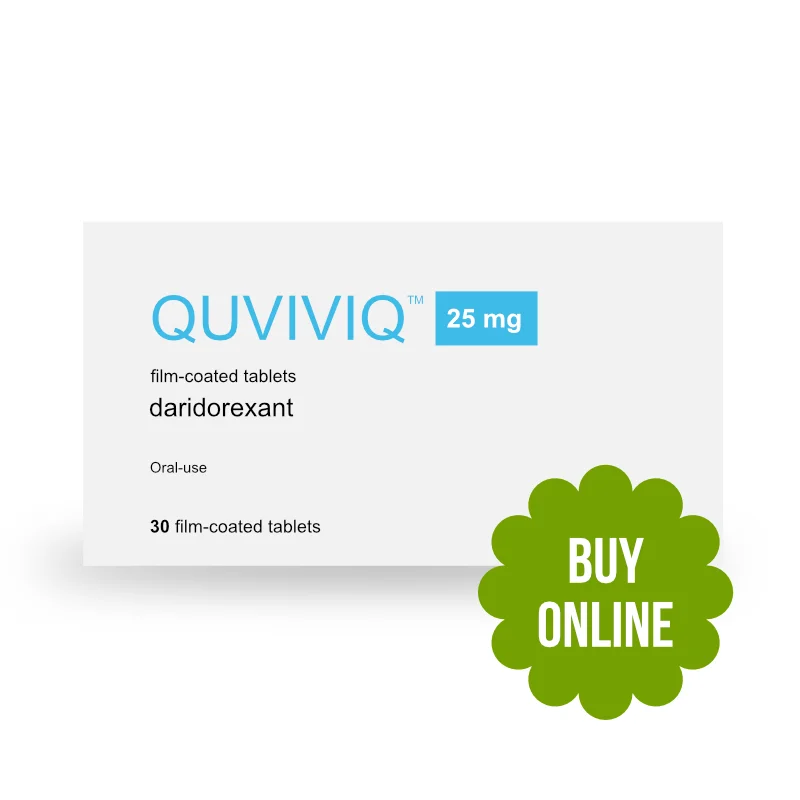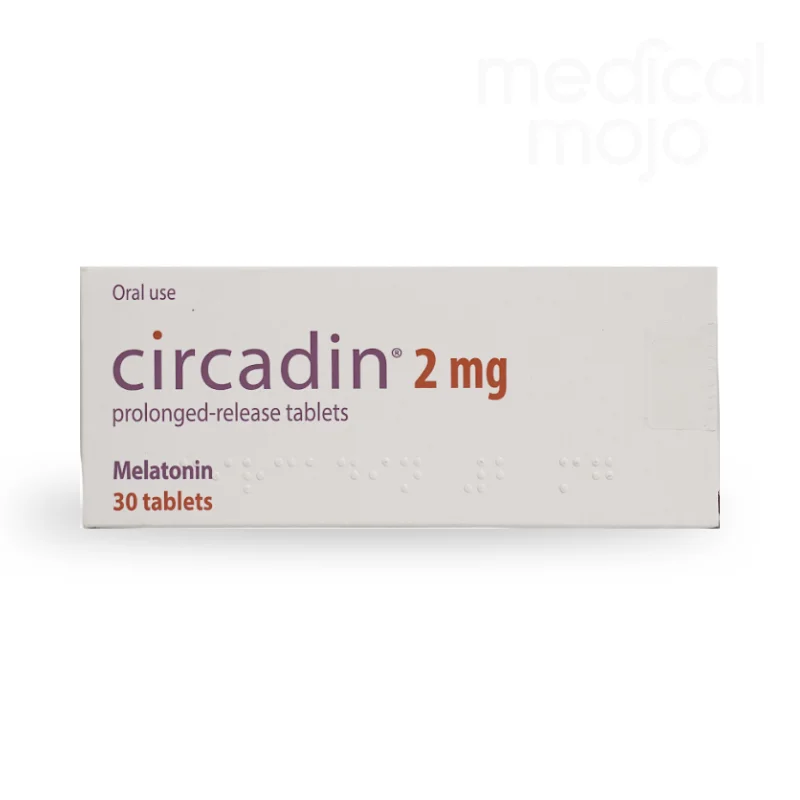What is Nytol?
Nytol is an over-the-counter sleep aid that contains diphenhydramine hydrochloride as its active ingredient. It is designed to assist individuals experiencing difficulty sleeping, helping to secure a more restful night's sleep.
What is the purpose of Nytol?
Nytol is intended for the relief of temporary sleep disturbances, which include periods of sleeplessness lasting up to two weeks. Such difficulties can arise from stress, jet lag, or side effects from other medications.
How does Nytol function?
Nytol reduces brain arousal levels, making it easier to fall asleep. Its active component, diphenhydramine hydrochloride, is an antihistamine that blocks histamine from activating areas in the brain associated with arousal. This action helps ease the user into sleep and enhances the quality of sleep.
Who should avoid taking Nytol?
Avoid Nytol if you:
- Are allergic to diphenhydramine hydrochloride or any of the medication's other ingredients.
- Have a blockage in your stomach or gut, such as an ulcer.
Consult your doctor before using Nytol if you:
- Suffer from asthma, bronchitis, or Chronic Obstructive Pulmonary Disease (COPD).
- Have narrow-angle glaucoma.
- Experience urinary retention or have an enlarged prostate.
- Have moderate to severe liver or kidney disease.
- Have conditions like myasthenia gravis, epilepsy, or seizure disorders.
- Are intolerant to certain sugars, have diabetes, or are taking certain medications, including tricyclic antidepressants, monoamine oxidase inhibitors (MAOIs), or medications that induce drowsiness.
What should you be cautious of when taking Nytol?
- Do not drive or operate machinery after taking it.
- Avoid consuming alcohol as it intensifies the effects of Nytol.
How do Nytol Original, Nytol One-A-Night, and Nytol Herbal Simply Sleep differ?
Nytol Original and Nytol One-A-Night both contain diphenhydramine but in different dosages, with Nytol Original containing 25mg and Nytol One-A-Night 50mg. Nytol Herbal Simply Sleep contains no diphenhydramine, using valerian root extract instead to address sleep disorders, anxiety, and stress.
How long does Nytol last?
The effects typically last between four to six hours, and some users report feeling drowsy the following day. If drowsiness persists, avoid driving and operating heavy machinery.
How should Nytol be stored?
Store in a cool, dry place, out of reach and sight of children. Ensure to use before the expiry date on the packaging.
Can Nytol be used during pregnancy or breastfeeding?
Consult your doctor or pharmacist before taking Nytol if you are pregnant or breastfeeding.
How quickly does Nytol take effect?
The effects generally begin within 20-30 minutes of ingestion. Therefore, it's advisable to take it about 30 minutes before going to bed.
What if I forget to take a dose of Nytol?
If you miss a dose, simply skip it and continue your regular dosing schedule the next night. Do not double the dose.
Can other antihistamines be taken with Nytol?
Avoid taking other antihistamines concurrently with Nytol to prevent potential overdose and increased side effects.
